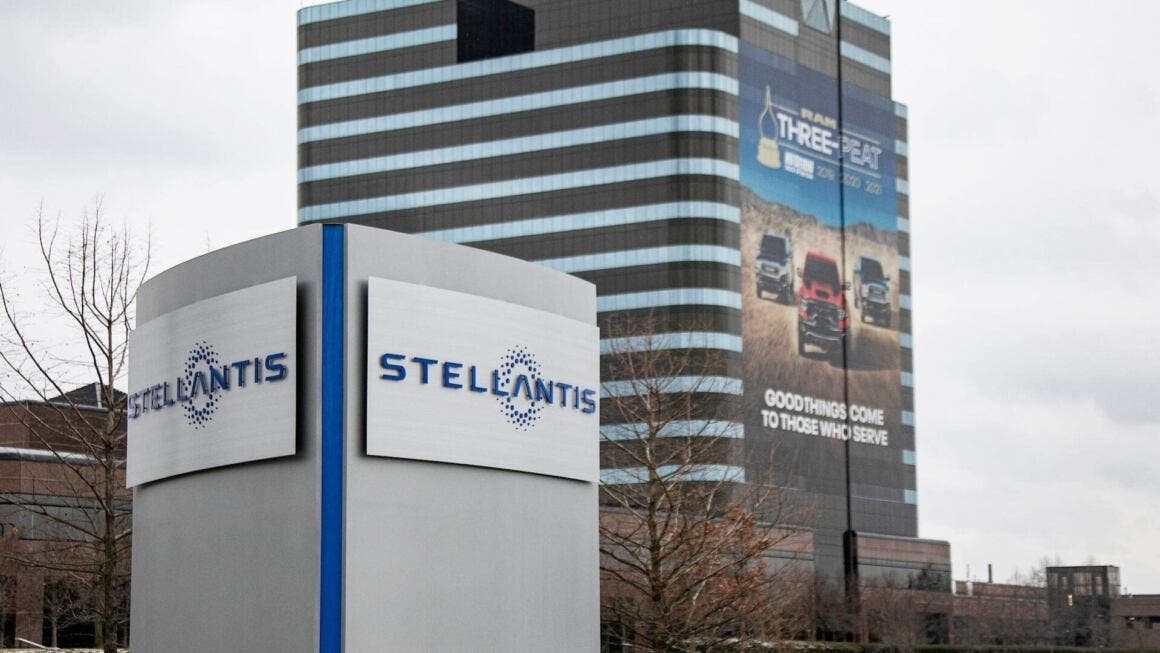Automotive companies are increasingly showing interest in sodium-ion battery technology, a trend gaining momentum in the industry. BYD, a leader in electric vehicles, recently initiated the construction of a factory dedicated to these batteries. These batteries’ distinctive features make them ideal for specific applications, such as microcars and electric city cars.
Stellantis is investing 22 million euros in Tiamat, a French company specializing in sodium-ion batteries
Simultaneously, Stellantis, through its venture capital fund Stellantis Ventures, has made a strategic investment in Tiamat, a French company at the forefront of developing and commercializing this technology. Sodium-ion chemistry stands out for its potential to reduce costs, enhance sustainability, and improve low-temperature performance. Ned Curic, Chief Engineering and Technology Officer at Stellantis, emphasizes the importance of exploring new solutions for more sustainable and cost-effective batteries using readily available raw materials. This approach is crucial for Stellantis’s Dare Forward 2030 plan, aimed at meeting customer expectations for zero-emission vehicles that offer autonomy, performance, and affordability.
To realize its ambitious electrification plan, Stellantis is heavily investing in battery production capabilities, aiming to reach about 400 GWh. The Group has also secured the supply of raw materials for electric vehicles until 2027 through a series of strategic agreements. Concurrently, the company is exploring alternative technologies, investing in solid-state batteries with Factorial Energy, lithium-sulfur chemistry with Lyten, and, of course, sodium-ion technology with Tiamat.

Stellantis Ventures contributed to a funding round of 22 million euros for Tiamat, thus supporting the development of a sodium-ion battery production plant in France. Initially, these batteries will be used in electrical appliances and stationary storage systems. Later, Tiamat plans to increase production, introducing second-generation batteries specifically designed for electric vehicles.

